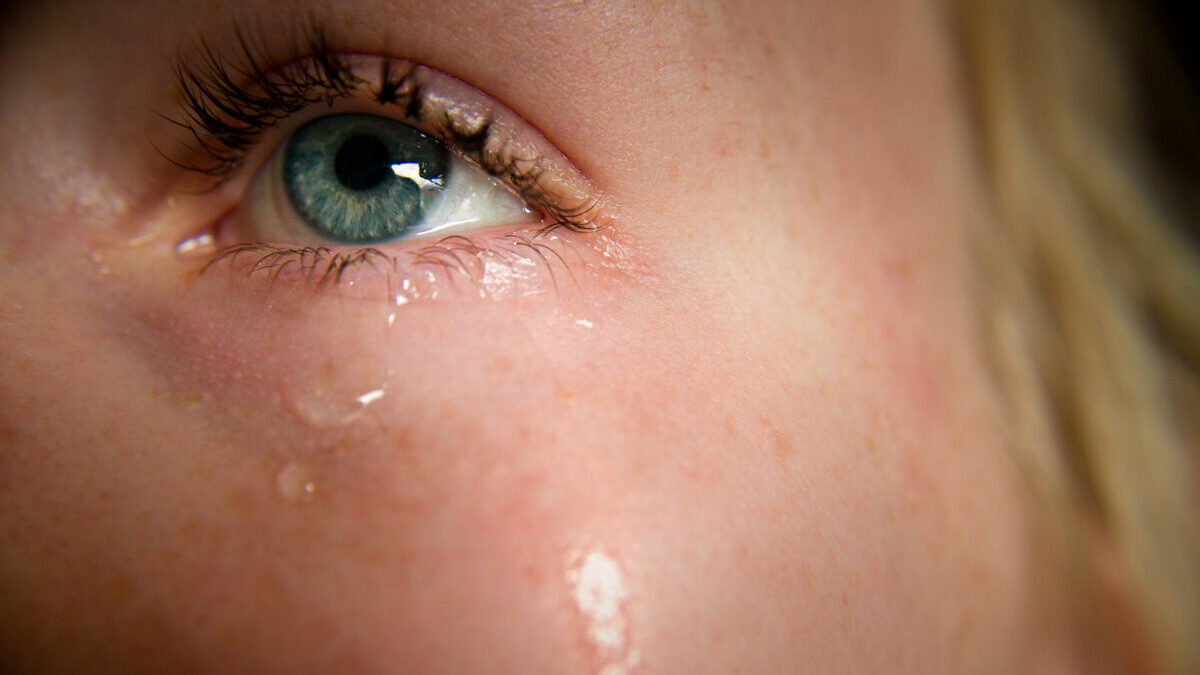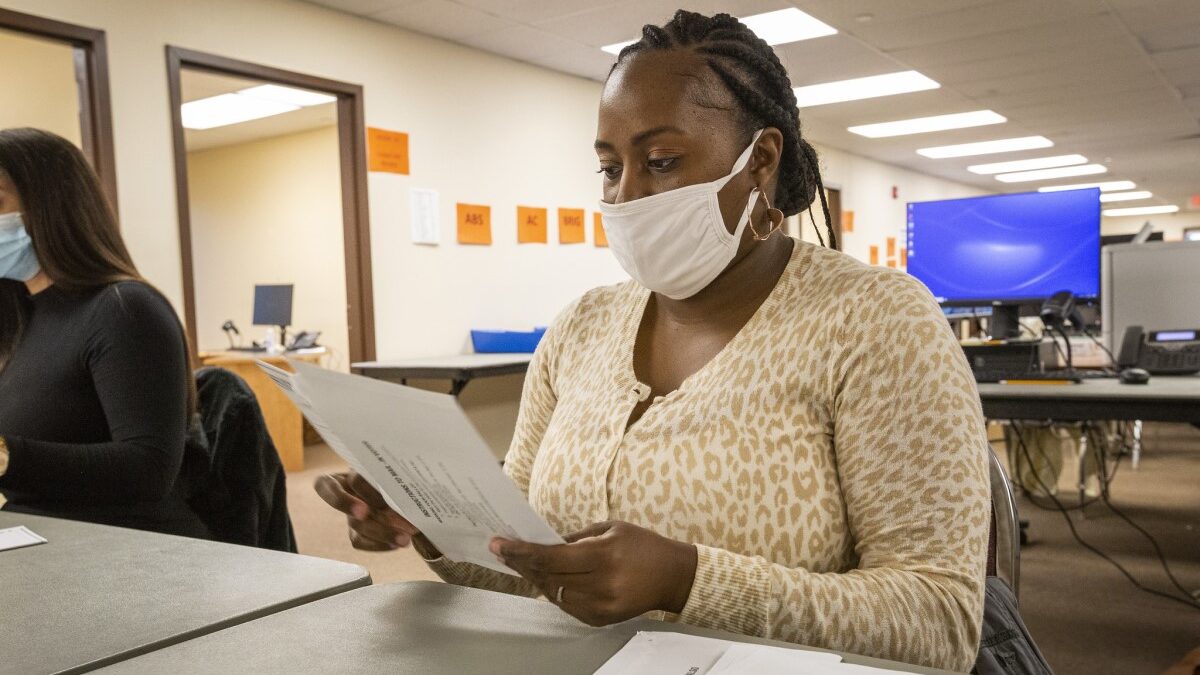Upon the reversal of Roe v. Wade by the Supreme Court, pro-abortion groups predictably cling to rape and incest as loopholes to maintain abortion in some states. Some Republicans have sided with them — several lawmakers have indicated that they cannot support an abortion ban bill in South Carolina without exceptions for pregnancies caused by rape and incest.
This change of heart comes as a surprise considering the advantage that pro-life Republicans hold in red states across the country following the Supreme Court’s decision. While some pro-life advocates have switched their stance for political gain, others fear that they will appear unsympathetic to the victims of these heinous crimes.
The truth about abortion violence and the physical, psychological, and emotional effects of post-rape and post-incest abortions must be acknowledged by both pro-abortion and pro-life advocates.
Rape and incest are violent. Abortion is equally violent.
Accurate and detailed information about abortion is difficult to find online and, as a result, many Americans remain ignorant about the topic. Abortion advocates such as Planned Parenthood promote this ignorance by downplaying the brutal events that occur when a pregnancy is ended, stating, “Most patients feel pain similar to menstrual cramps” and for others “it is more uncomfortable.” The Planned Parenthood website describes an abortion as a quick procedure during which “a small, hand-held device … removes pregnancy tissue out of the uterus.” The site adds “you’ll hang out in a recovery area until you feel better and are ready to leave.”
The truth is that the physical trauma of abortion can be horrific and can lead to increased miscarriage, breast cancer, and infertility. And for many women, the spiritual, emotional, and psychological side effects of abortion last a lifetime. The trauma of rape and incest, which is then compounded by the trauma of abortion, can leave women even worse off than had they not chosen abortion as an option.
Post-Abortion Depression
The Guttmacher Institute and other pro-abortion entities claim that women do not suffer mentally or emotionally post-abortion and that if depression or suicidal ideation occurs post-abortion, it is most likely due to hormonal changes.
The American Psychological Association also downplays the significance of post-abortion depression, stating it is most likely associated with “perceived stigma and lack of social support, a history of mental health problems, personality traits, such as low self-esteem, features of the pregnancy, including whether the individual wanted it or not.” However, two studies from Finland, which were based upon medical records rather than interviews, show that women who had abortions were six times more likely to commit suicide than women who gave birth. And a study on statistics of suicide following abortions in Denmark showed that “Compared to women who delivered, women who had an early or late abortion had significantly higher mortality rates within 1 through 10 years.”
A follow-up study published in 2019 in Lancet Psychiatry by Julia Steinberg, et al., countered the Danish study by indicating that abortion did not cause or increase women’s risk of suicide attempts “[b]ecause the risk was the same before and after the abortion, relative to women who did not have an abortion, the abortion cannot be the reason for the increased risk of suicide attempts.” However, one wonders about the objectivity of the report considering that Steinberg had previously served on legal challenges and as a consultant for legal teams regarding abortion and mental health for the Center for Reproductive Rights and Planned Parenthood.
While it is true that many women experience a sense of relief immediately following an abortion, a long-term study by abortion proponent Dr. Brenda Major analyzed female depression rates and found that the rates of depression in women two years after their abortions were three to five times higher than the general population of women. Another study found that two years after an abortion the participants had significantly rising rates of depression and negative reactions and lowering rates of positive reactions, relief, and decision satisfaction.
Post-Rape and Post-Incest Abortion
Perhaps the most convincing proof of the damaging effects of post-rape and post-incest abortions comes directly from the women who have suffered this trauma.
In her book “Forbidden Grief: The Unspoken Pain of Abortion,” therapist Theresa Burke, who works with post-abortive women, shares accounts of those who underwent abortion following rape. One woman explained:
The fact that I got pregnant because of the rape was disgusting. I felt like I had to get rid of it. Somehow, I figured that because I got pregnant I must have enjoyed it. I couldn’t tolerate that concept. I was so ashamed…
The rape was nothing compared to the abortion … The rape was bad but I could’ve gotten over it. The abortion is something I will never get over. No one realizes how much that event damaged my life. I hate my rapist, but I hate the abortionist too. I can’t believe I paid to be raped. This will affect the rest of my life.
Serena Dykson was a 13-year-old victim of rape whose parents determined she would undergo an abortion. She described the procedure as follows:
We enter the clinic, and I was called back to a room alone. I remember the woman talking about clumps and describing abortion. She asked me if I understood, and I nodded yes, but I had no clue what was happening to me. She took me into another room where I lied down. The doctor came in and smiled at me and said, ‘This won’t take long.’ I remember experiencing the most excruciating pain that I had ever felt, and I began to scream. The doctor shouted at me to shut up. A nurse came in and held my hand, but nothing helped to relieve that kind of pain. They then moved me into a room with other women, and I sat down on a recliner chair. When I stood up from that chair, I remember a gush of blood coming out of me. My dad came in and carried me out to the car. After that day, my abortion was never talked about again.
Ten years later, Dykson was married and had two children, but after another traumatic experience, she discovered that the emotional scars of her abortion had not healed, stating, “I realized that I had not dealt with my rape and abortion, and it led me to a path of destruction.” She explained, “I moved out of the house, leaving my husband and my two children, and turned to drugs and alcohol to numb my pain. My husband was always there for me, but I pushed everyone away. I was running full-speed to hell!”
Counselors and ministry leaders who meet with thousands of women post-abortion can speak to the long-term effects of the decision. Brett Meador, a pastor of 25 years in Portland, Oregon, describes what people in ministry regularly encounter, stating “ten, twenty years down the road, that poor woman who had the abortion is feeling condemned and grief in her heart” because of a decision she knew was wrong. “Nobody wants to talk about the psychology of that — the hurt that comes years after an abortion.”
More Trauma Ahead
Ministry leaders like Meador will most likely find themselves providing grief support to an increased number of these women as states such as Oregon, California, and Washington declare themselves havens for women seeking abortion access. In fact, Governors Kate Brown, Gavin Newsom, and Jay Inslee issued a Multi-State Commitment to Reproductive Freedom vowing to “Promote greater access to abortion care services, including by expanding access to medication abortion, removing barriers to telehealth for reproductive healthcare services, and growing the pool of qualified practitioners who may provide abortion and other reproductive healthcare services.”
Compassion toward victims of rape and incest proves farcical unless lawmakers are willing to have an honest conversation about the truly violent nature of abortion and its long-term physical, psychological, and emotional effects on women. Advocating for women to endure a second traumatic situation does not heal them from the first, but instead will only increase occurrences of mental and emotional problems.









